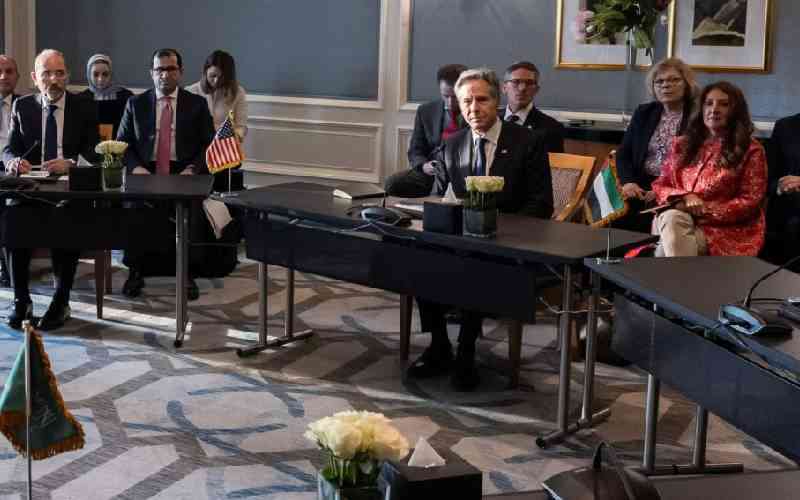×
The Standard e-Paper
Fearless, Trusted News

The United States is still pushing for a cease-fire deal between Israel and the militant group Hamas, U.S. Secretary of State Antony Blinken said Thursday at a press conference in Cairo ahead of a high-stakes trip to Israel.
"There's a clear consensus around a number of shared priorities," Blinken said about his discussions in the Egyptian capital. "First: the need for an immediate sustained cease-fire, with release of hostages."